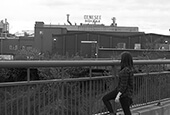Adrian Hale
Interview No. 219
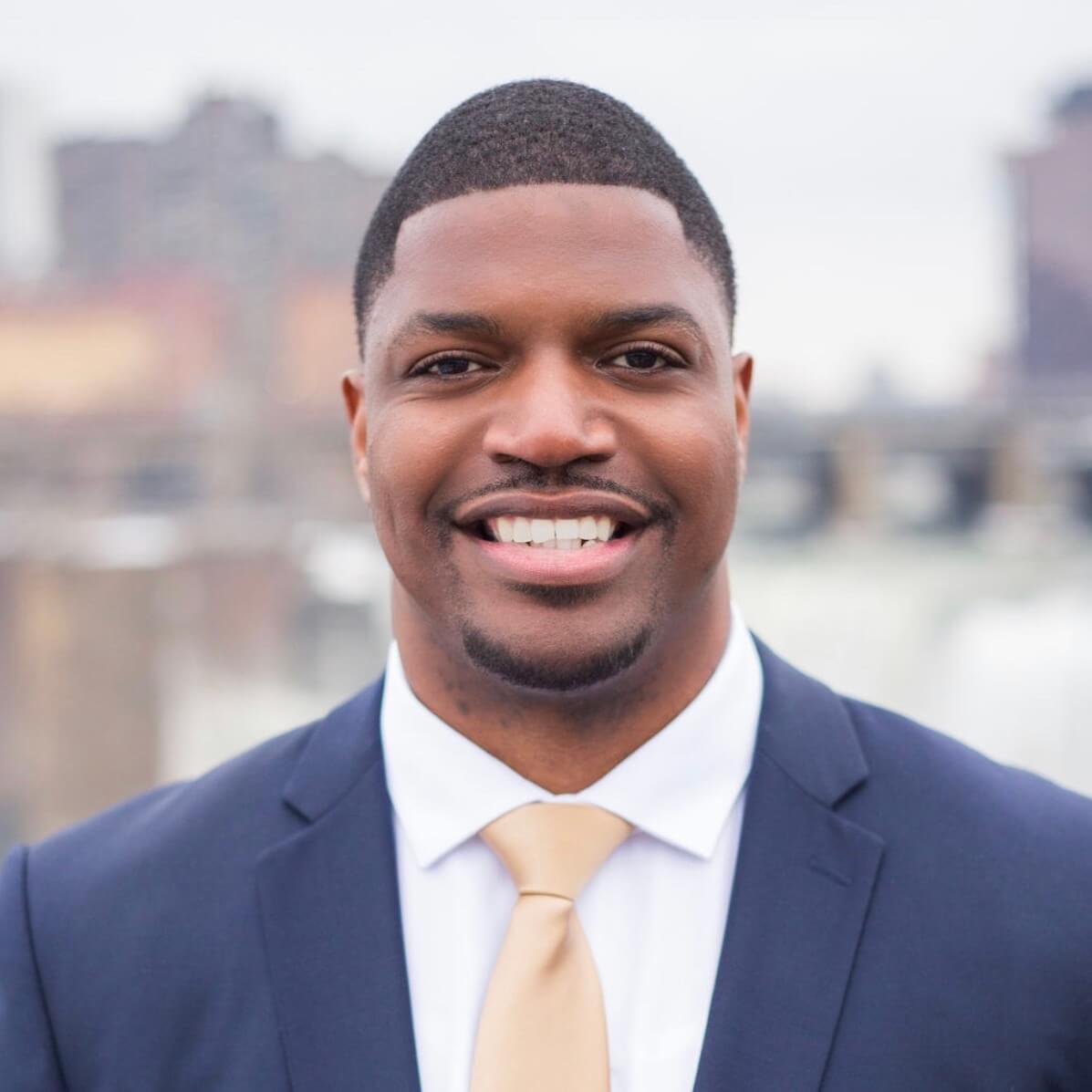

Interview by Emily Hessney Lynch.
Published February 28, 2020.
Where are you from? How did you end up in Rochester?
I’m Rochester born and raised. I grew up in the 14621 zip code on the east side of the city. I briefly moved away from Rochester at 15 to move to Wisconsin and join a national development team for speed skaters who wanted to get ready for Olympic trials. I was fully dedicated to training, but the financial burden of the sport ended up ending it for me. I went back to Rochester after that. I served in the Marines, went to MCC, and attended Yale. I came back to Rochester because I wanted to help make the community I came from better.
How would you describe the neighborhood you grew up in?
I grew up as a young man in extreme hardship, just like my brother and sister and countless friends. I am who I am today because far too often as a young kid I had to watch my mom cry. I knew as a little kid that I wanted to grow up to be somebody who can make my mom not have to cry. As an adult, I see that my mom was mostly a single mom trying to navigate a community that hasn’t turned America’s original sin into a scar; it’s very much a live wound. Healing the wound has to be deliberate- we have to treat it, not compromise it with the injury of hate. As a Black woman, my mom faces both racism and sexism. As soon as a Black woman walks into a room, there’s an assumption of what their deficiencies are. She was trying to provide for her family, support a long-term boyfriend, and manage a full-time job as well. It was a lot.
Many of me and my friends grew up seeing drugs, domestic violence, inconsistency from adults, and experienced being problematized as young Black kids. We’d hear things like “Your grades aren’t right, your pants are sagged too low, you’re wearing a do-rag.” Everything is wrong with us! This isn’t just 14621, but it’s growing up Black in America. According to national metrics, Rochester is the second worst city for Black people to live in. That’s what drives me to be someone who can make the history that is still our present become history, become no more.
What's your favorite Rochester memory?
As I was graduating from MCC, I had applied to schools and was waiting to hear back. I was driving home and looked at my phone at a light and saw an email from the admissions office at Yale with preview text that said “congratulations.” I drove to my partner at the time’s mother’s house and made them open the email for me and tell me what it said. They opened the email on the porch of their house on the corner of Sherman and Otis and everyone started celebrating and going crazy! That is by far my greatest Rochester memory.
Tell me about your time at Yale and how your work with Bob Duffy brought you back to Rochester.
I studied political science with a focus on police accountability and urban education. That’s how my and Bob Duffy’s fates are linked. As a Rochesterian, I grew up seeing Bob on TV; he’s an institution. I had met him as a senior at MCC and he instantly encouraged me to keep in touch. I was selected to be a Fellow at the Institution for Social and Policy Studies and knew I wanted to study police accountability and education reform. Bob was a police chief and a mayor who fought for mayoral control. When it was time to do my fieldwork in the summer, people were heading off to NYC and D.C., but I knew I wanted to go back to Rochester. I did my fieldwork at the Chamber, and Bob and I have been building a relationship ever since.
What are some hidden gems you've discovered around Rochester?
I love driving around East Avenue and all the side streets, looking at the homes, because they’re beautiful. I love the parks that are throughout the city, in actual neighborhoods. There’s this big green mall called Pulaski Park between North Street and Carter. Highland Park is so much bigger than people think and I love getting lost in there. There’s another beautiful mall off Lake Avenue, up on the northwest side. I can’t say enough good things about the parks!
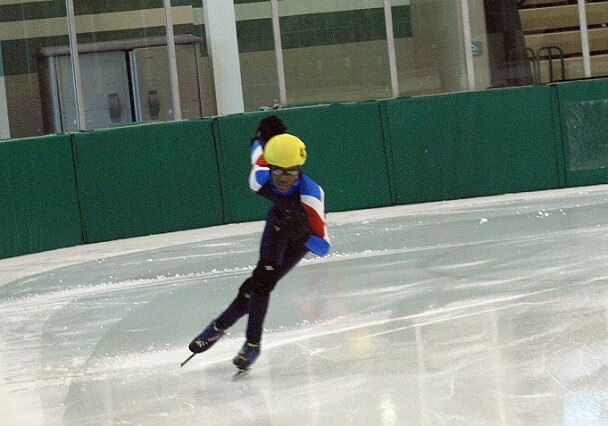

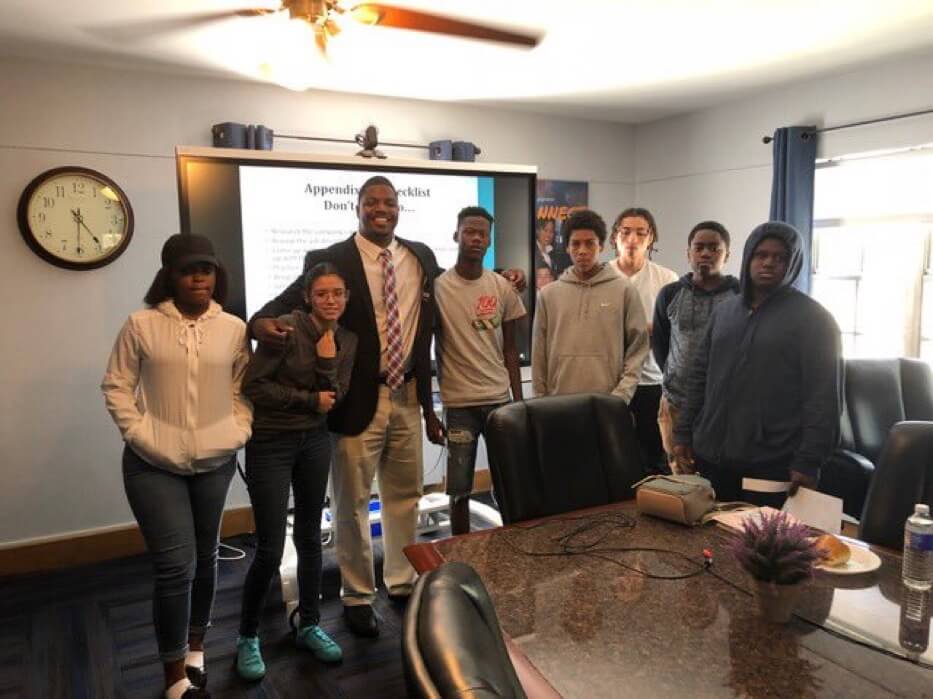

What is your personal coping mechanism for cold/gray weather?
These winter months are good for focusing your mind. I get introspective and re-assess Adrian. It’s a season of spiritual and emotional preparation. I make time for my family. Who better to be inside with?
What's your favorite thing to eat in Rochester that's not a garbage plate?
A Zweigle’s hot cut open in the middle with everything. Or a full rack at Dinosaur BBQ. The collard greens there are really good too.
Tell me about your work at the Chamber of Commerce.
My title is “Senior Manager of Talent Strategy, Workforce Development, and Education Initiatives.” Basically, I put people to work, I strive to mitigate and alleviate the conditions that could exclude a person from work, and help people acquire an education.
One thing I’m excited about is the Roc2025 Employment Opportunity Group. We’re going to put our heads together and map out a strategy for how we’re going to make a significant impact against inequality and workforce exclusion.
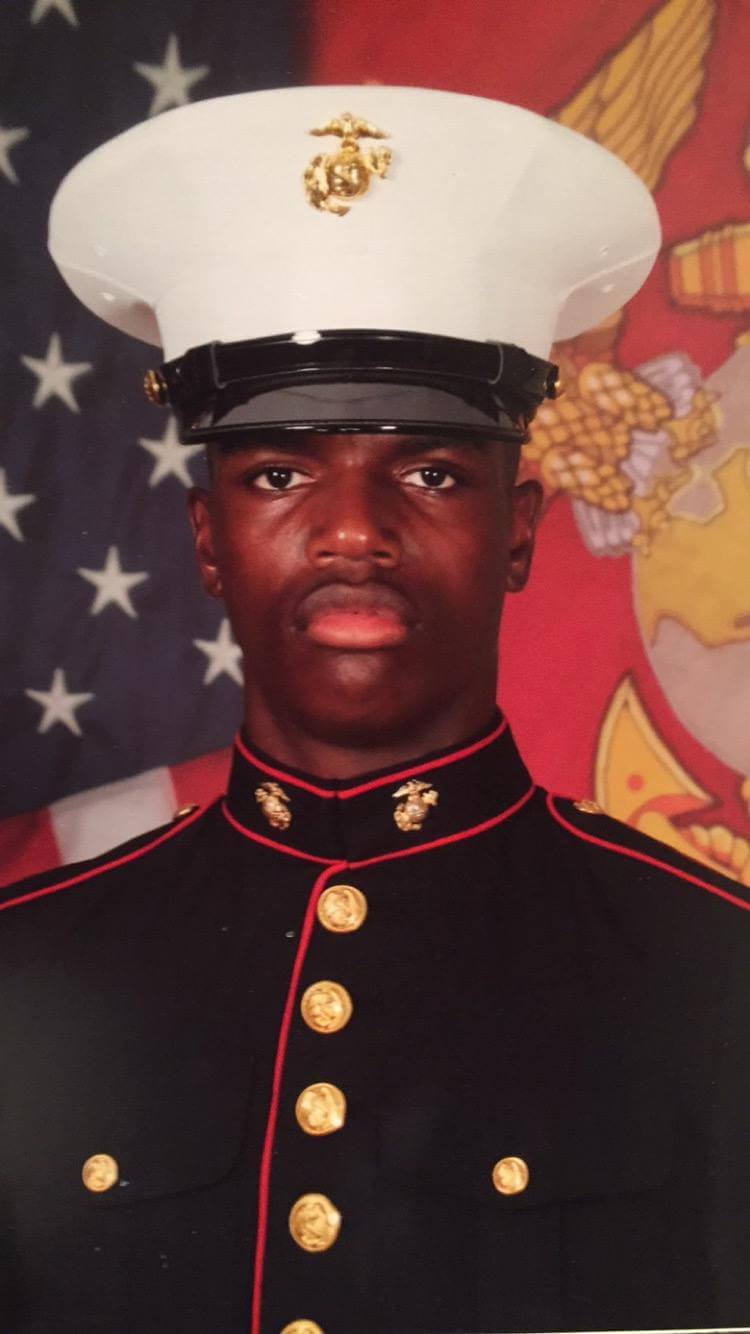

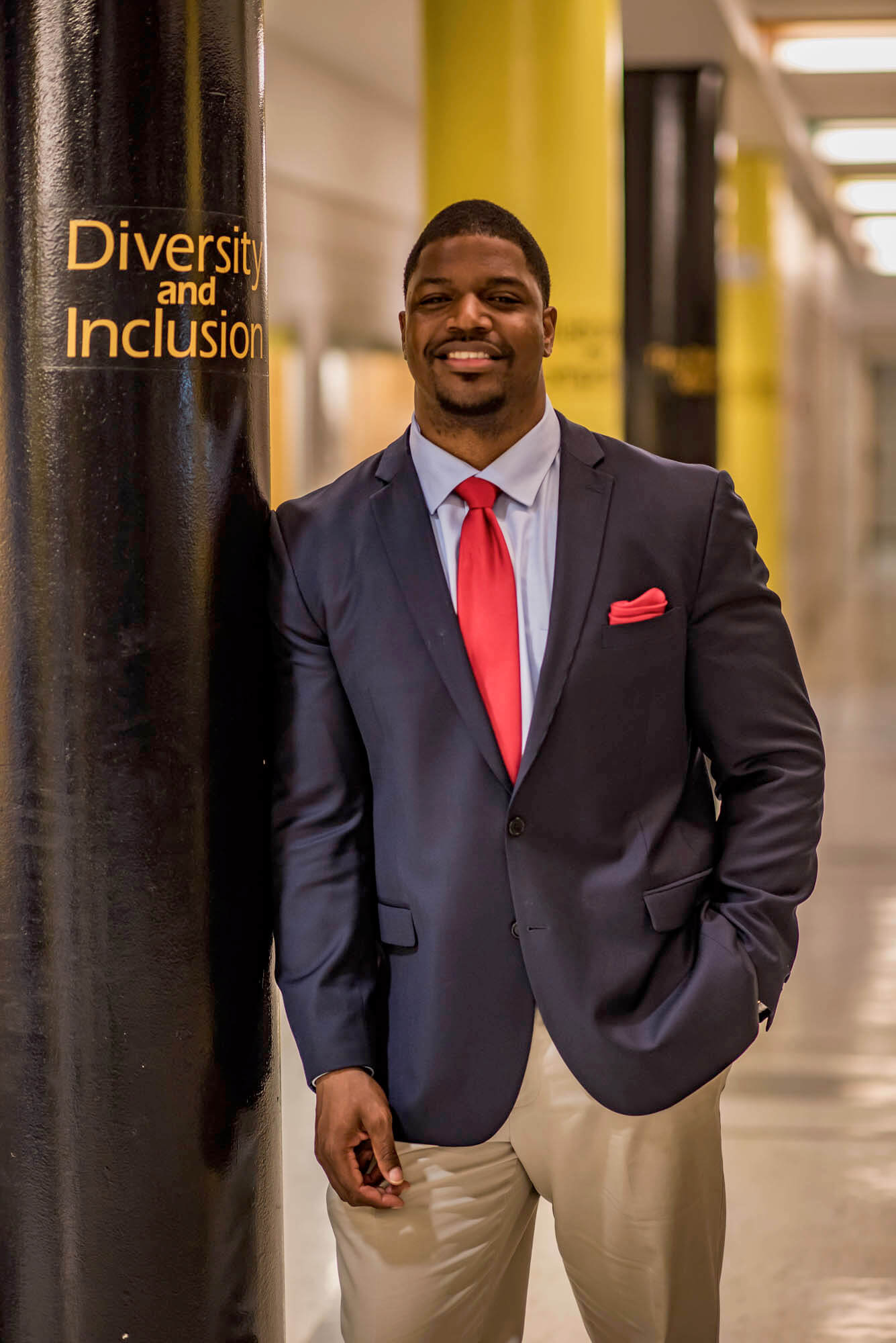

What makes Rochester unique?
The legacy of both Rochester and the greater Rochester region. This community had leaders who are responsible for four of the most important constitutional amendments. The Pledge of Allegiance. The Red Cross. The Underground Railroad. What makes us unique has always been and will continue to be the condition of our communal character and the conviction of our cause.
What would you like to see change in Rochester in the next year?
Leadership- everything starts with leaders. It shapes our public discourse, goals, agenda, aspirations, and the collective will. We don’t have the caliber of leaders that we need to formidably take on some of the most severe problems that plague communities of color. We need that. We need leaders who genuinely care about people- that is the fundamental requisite. We need leaders who want to fight with people in need and not for people in need with an assumption of what they’re fighting for. We need leaders who have absolute resolve. We need leaders who understand that if we don’t accomplish certain goals then we cannot make meaningful progress. We need leaders who are willing to sacrifice--and I’m not talking about sacrifice of convenience or comfort. I’m talking about sacrifice that sends the message to those in need that I’m not a person looking to exploit your conditions for my personal gain. I’m in this with you. If y’all fail, I fail, we fail.
How can people start getting involved in making our community a better place?
By first being honest and acknowledging the reality of our community before you do anything. If you allow yourself to be honest, to see things as they truly are, you’ll know how to get involved. Admit what you don’t know. Accept that it’s not anyone’s obligation to save anyone. We have an obligation to enable people to no longer need saving. The truth is we are all born with limitless potential, but we live in a world where some of us can realize and cultivate that potential and others are denied the ability to do so. Whether it’s through attitudinal or systemic barriers, they’re destined to be disqualified by default, never discovering who they are and what they are fully capable of.
Adrian Hale works for the Chamber of the Commerce on addressing systemic problems that have plagued Rochester for far too long. He also loves parks and enjoys spending time with family in the winter. For more of his perspective, visit our Instagram.

